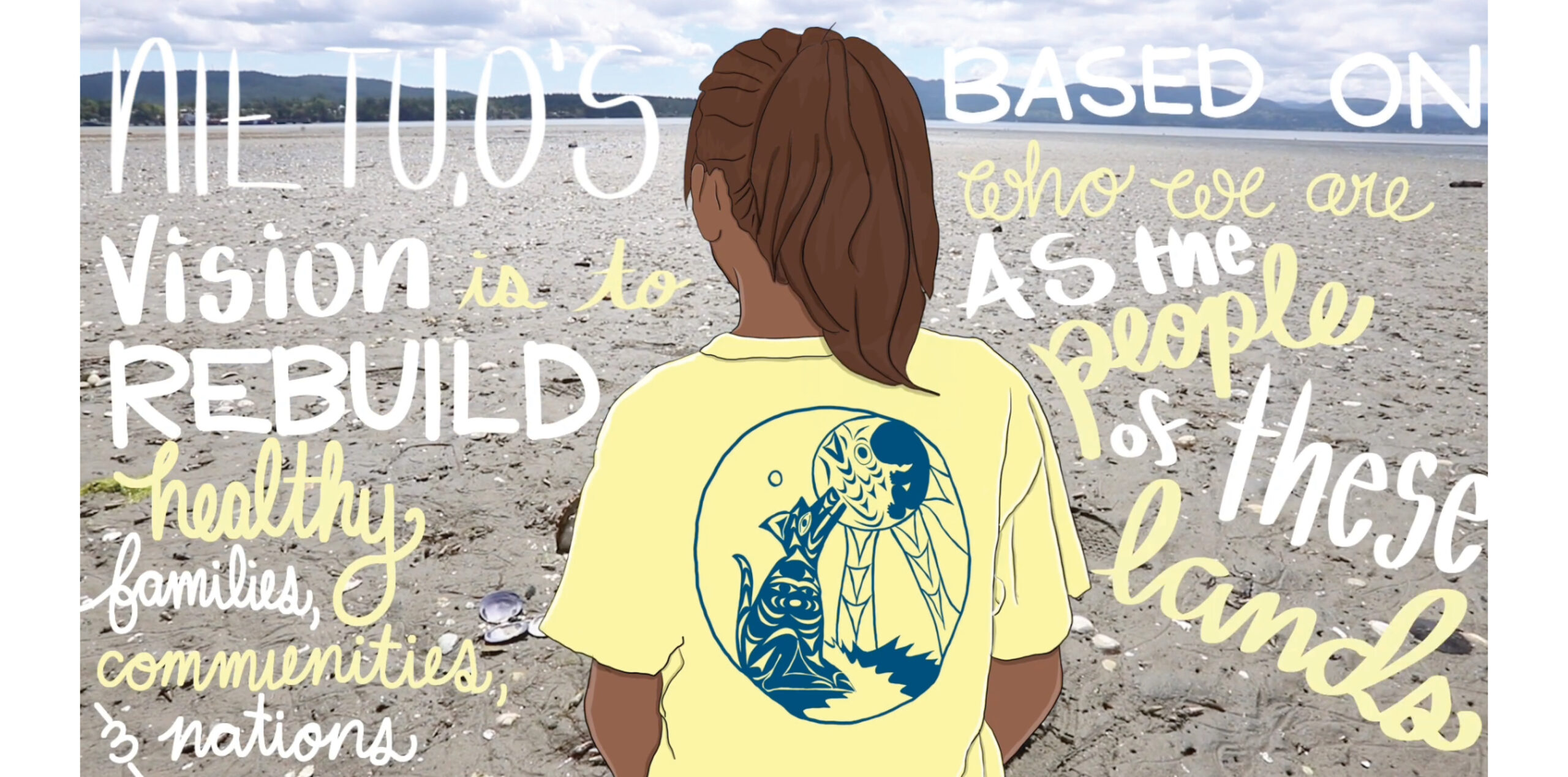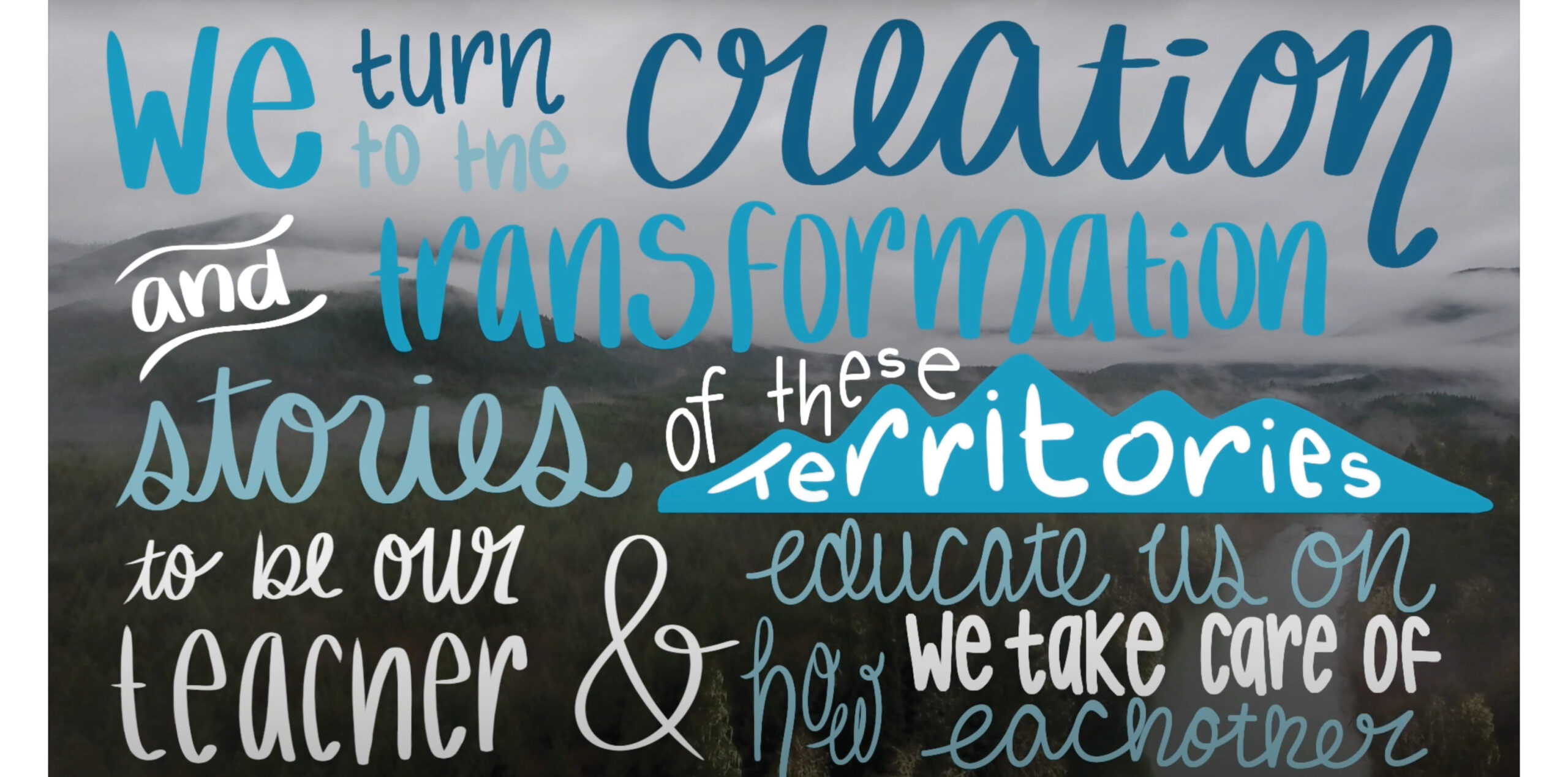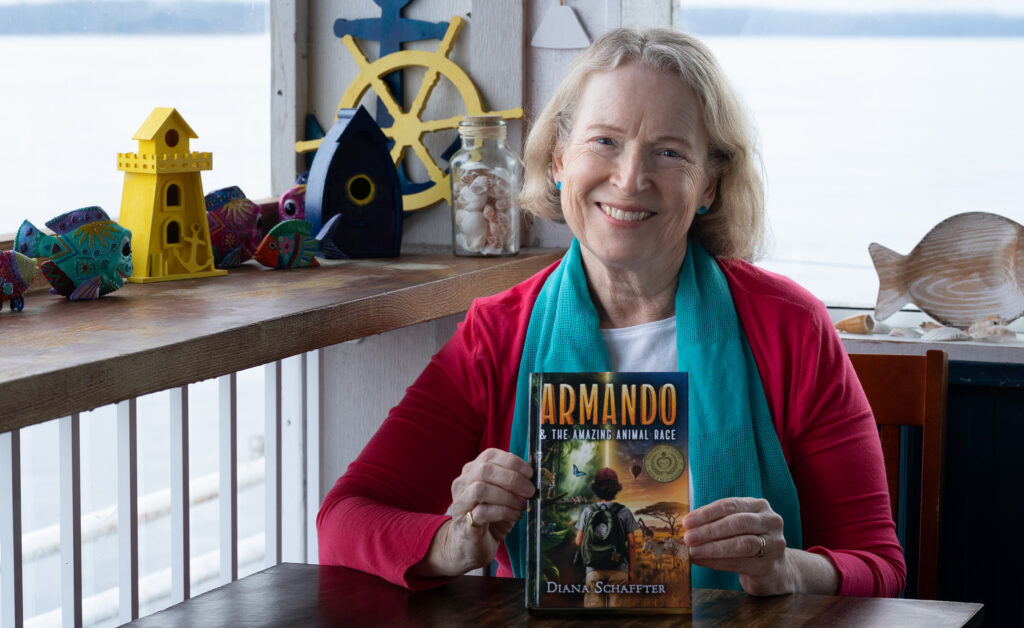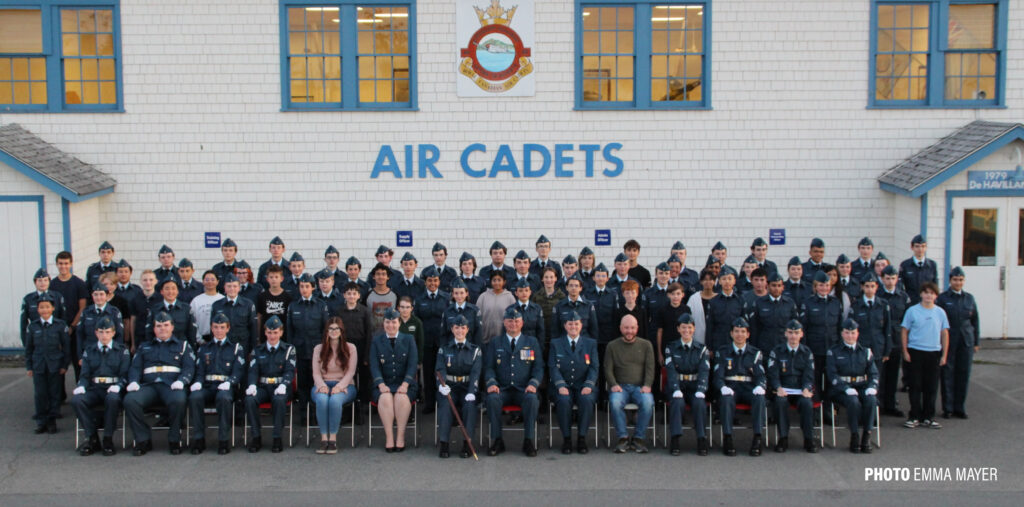by Katharina Stocker | photos courtesy NIȽ TU,O Child & Family Services –
As a Delegated Aboriginal Agency, NIȽ TU,O administers parts of the Child, Family, and Community Service Act, the main child protection law enacted by Canada’s colonial government. NIȽ TU,O, however, is Coast-Salish-Led and recognizes Coast Salish laws governing the care of children and families have been in place far longer than any colonial law, and are more apt tools to provide culturally-informed care to community members. Therefore, NIȽ TU,O is working to centralize Coast Salish laws and practices in its day-to-day work.
That’s why NIȽ TU,O is working with ILRU (Indigenous Law Research Unit) on a multi-year project to platform Coast Salish laws as the guideposts for all work supporting Coast Salish children and families. The collaboration began in 2018, with the goal of creating a Child and Caregiver Nurturance and Safety Toolkit, Casebook, Abridged Casebook, and Activity Book. The materials – which include traditional Coast Salish stories along with guides for exploring their implications for modern-day child and family caregiving practices – were released to the public in 2021 to much acclaim.
Now, NIȽ TU,O’s work with the ILRU continues. According to the ILRU’s Tara Williamson, ILRU and NIȽ TU,O plan to update the Casebook and Activity Book with new stories and new activities. The process of vetting stories and obtaining necessary permissions from knowledge holders is underway.
ILRU and NIȽ TU,O then plan to focus on how NIȽ TU,O can weave these materials into every aspect of work supporting the Coast Salish community. A training event is currently planned for the spring.
Additionally, ILRU and NIȽ TU,O are looking into ways these materials might influence a broader audience through curriculum matching. Williamson says: “we’re looking to see if there is a way to match the materials with university curriculums used to train social workers, and with middle and high-school curriculums used to teach social studies and Indigenous studies.
These new developments in the project are all in service of a common goal. According to Williamson: “Our goal is always to hold up Indigenous law at the same level as Canadian law gets held up. Taking care of children and families is not new to Indigenous people, and so we’re making sure that we do as much as we can to push the voice of Indigenous law. The creation of these materials is just one more opportunity to share that Coast Salish laws are still relevant, powerful, and lawful.”
NIȽ TU,O looks forward to further aligning its work with Coast Salish laws and principles to ensure the care provided to the children and families of Beecher Bay, Pauquachin, Tsartlip, Songhees, Tsawout, Tseycum and T’Sou-ke is firmly grounded in Coast Salish culture.





